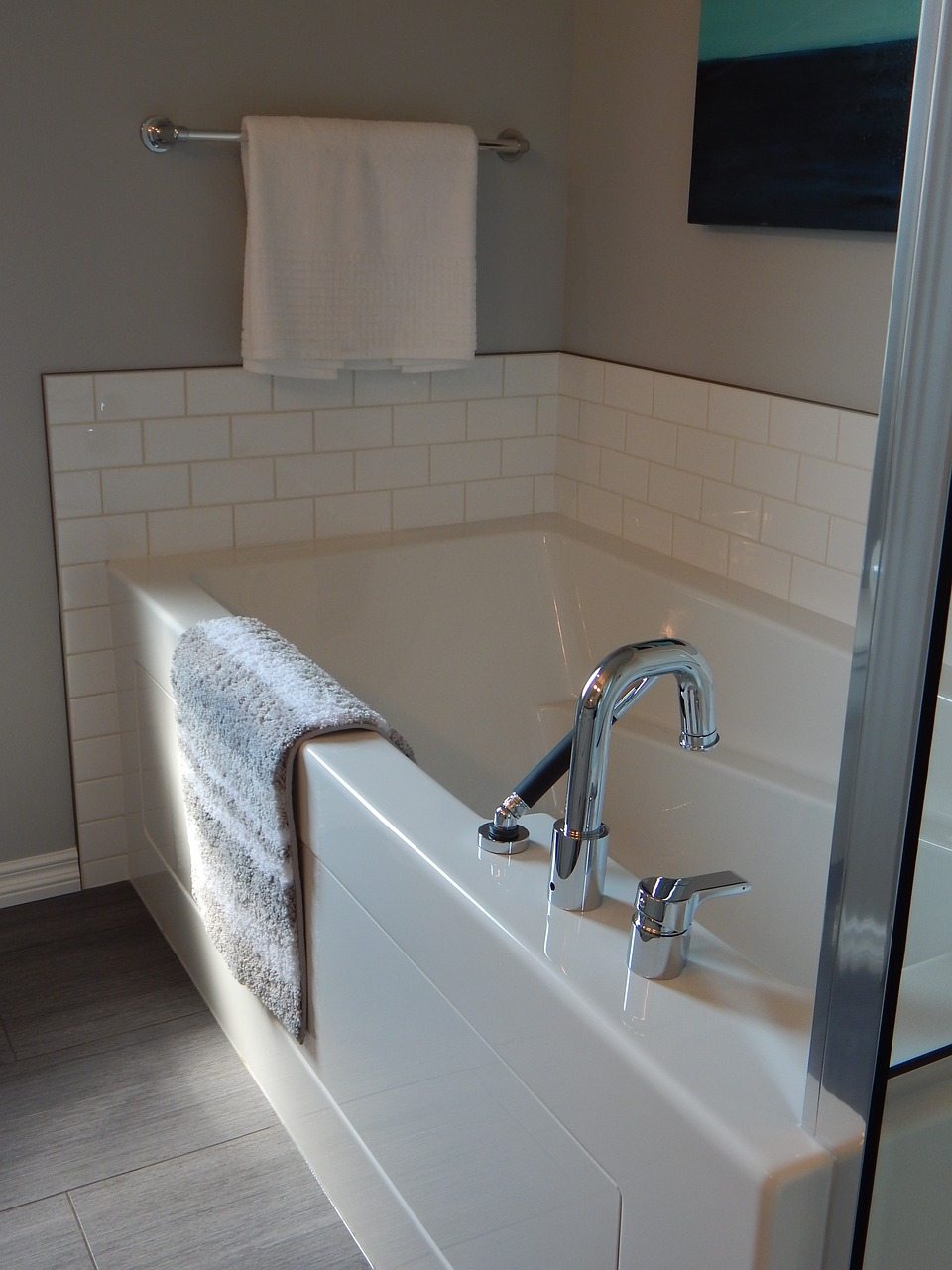How do you actually feel in relation to Plumbing Tips for New Homeowners?

For new house owners, understanding and keeping washroom plumbing can conserve both time and money by avoiding expensive concerns down the line. Here are some necessary bathroom plumbing pointers to aid you maintain every little thing running efficiently.
Acquaint Yourself with the Key Shut-Off Shutoff
Recognizing where the major water shut-off shutoff lies in your house is vital. This allows you to rapidly turn off the supply of water in case of major leaks or during plumbing emergency situations, stopping substantial water damages.
On A Regular Basis Check for Leaks
Little leakages can bring about large troubles. Regularly examine under sinks, around commodes, and near pipes components for any kind of indications of leaks. Look for wetness, tiny drips, or corrosion. Catching and repairing leaks early can protect against a lot more major damages and conserve water.
Don't Ignore Slow Drains
If your sink or bath tub is draining gradually, it's commonly an indication of a clog forming. Resolving this very early can avoid a complete obstruction. Use a bettor or a plumbing professional's snake to remove debris. Stay clear of utilizing chemical drainpipe cleaners as they can harm your pipelines in time.
Know What Not to Flush
Commodes are not garbage disposals. Stay clear of flushing anything apart from toilet tissue and human waste. Items like wipes, womanly hygiene items, and cotton swabs need to be thrown away in the trash to avoid obstructions and drain backups.
Install Strainers in Drains
Place filters in your sink and bathtub drains pipes to capture hair and other particles before they enter your pipes system. Cleaning up the filters frequently will aid protect against accumulation and maintain water flowing openly.
Maintain Your Water Heater
Guarantee your water heater is set to an appropriate temperature (typically around 120 levels Fahrenheit) to prevent scalding and minimize power usage. Flush the storage tank annually to eliminate debris accumulation, which can reduce the effectiveness and life-span of your heater.
Upgrade Your Components
If your home has older components, think about updating to more effective versions. Modern toilets, showerheads, and taps are made to use less water while supplying excellent stress, which can considerably decrease your water expense and ecological footprint.
Be Cautious with Do It Yourself Pipes Fixes
While it's alluring to take care of all home repairs by yourself, beware with pipes. Some concerns could call for specialist expertise, especially if they include primary water lines or drain repair services. Employing an expert can often be extra cost-efficient than DIY, especially if it prevents further damages.
Plan For Winter
Secure your pipelines from cold throughout winter by protecting pipes in unheated areas like basements, attic rooms, and garages. During severe cool, allow cold water drip from faucets served by exposed pipelines to aid prevent freezing.
Set Up Routine Maintenance
Think about scheduling yearly assessments with a qualified plumbing professional. They can identify problems that you might miss out on, such as concealed leakages or damage on pipelines and components. Regular upkeep aids extend the life of your plumbing system and can protect against emergencies.
Conclusion
Recognizing and keeping your home's shower room pipes can avoid numerous common issues. By adhering to these crucial ideas, you can ensure your restroom remains practical and effective, conserving you money and time over time.
Essential Plumbing Tips for Homeowners: Keep Your Pipes Flowing Smoothly
As a homeowner, understanding the basics of your plumbing system can save you time, money, and a lot of headaches. Plumbing issues can range from minor annoyances like dripping faucets to major problems like burst pipes that cause significant damage. This guide provides essential tips to help you maintain your plumbing system and tackle common issues.
Understanding Your Plumbing System
Supply System: Brings fresh water into your home from a municipal source or a well. Drain-Waste-Vent System: Removes wastewater and vents sewer gases outside. Fixtures and Appliances: Includes sinks, toilets, showers, dishwashers, and washing machines. Basic Maintenance Tips
Regular Inspections: Periodically check for leaks, corrosion, and other signs of wear and tear. Look under sinks, around toilets, and near water heaters. Know Your Main Shut-Off Valve: In case of a major leak, you’ll need to shut off the water quickly. Ensure everyone in your household knows where the main shut-off valve is located. Prevent Frozen Pipes: In cold climates, insulate exposed pipes and let faucets drip during extreme cold to prevent freezing. Use Strainers: Install strainers in sinks and tubs to catch hair, food particles, and other debris that can cause clogs. Common Plumbing Issues and Solutions
Clogged Drains:
Prevention: Avoid pouring grease down the drain and use drain screens to catch debris. DIY Fix: Use a plunger or a plumbing snake to clear minor clogs. For stubborn clogs, a mixture of baking soda and vinegar can sometimes help. Leaky Faucets:
Prevention: Replace washers and seals regularly. DIY Fix: Turn off the water supply, disassemble the faucet, and replace worn parts.

Contact Us Now